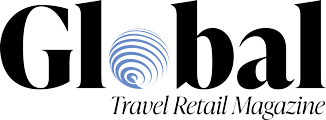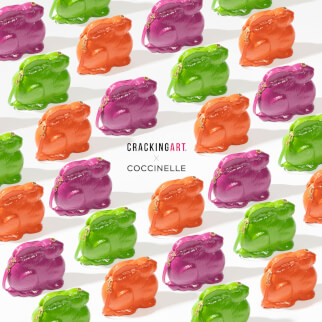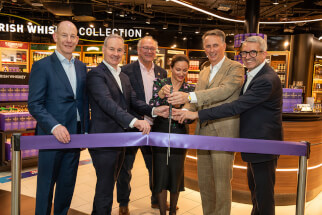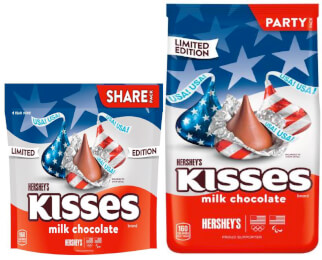m1nd-set: 2022 top trends are social commerce, healthcare & sustainability
The latest from industry research company m1nd-set reveals top consumer trends emerging in 2022.
Chief trends include the increasing tendency to shop across retailers’ digital platforms, with a particular emphasis on social commerce. Personal healthcare product shopping was another dominant trend, and finally the third major trend was toward conscious consumerism. This underlines the growing importance on the message of sustainability to consumers as they select which products to purchase.
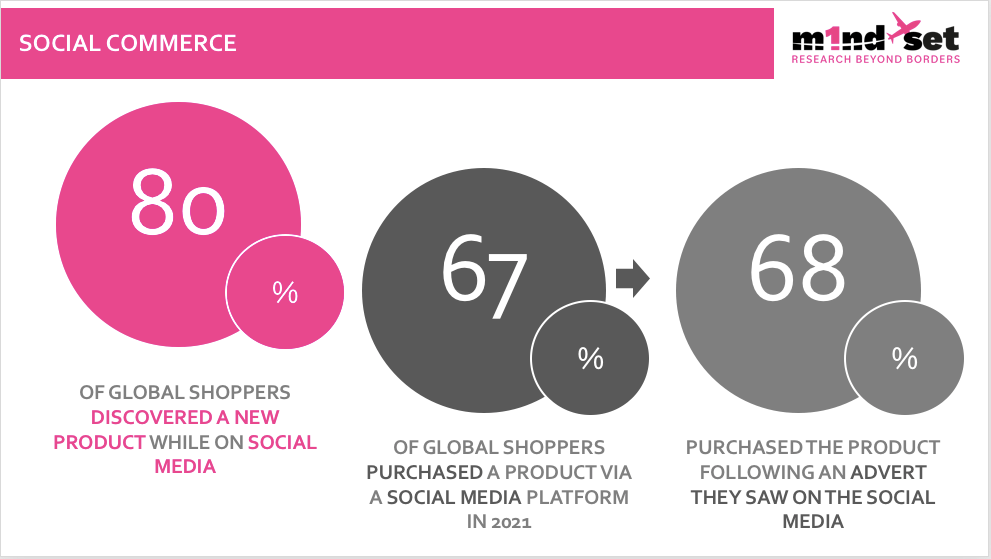
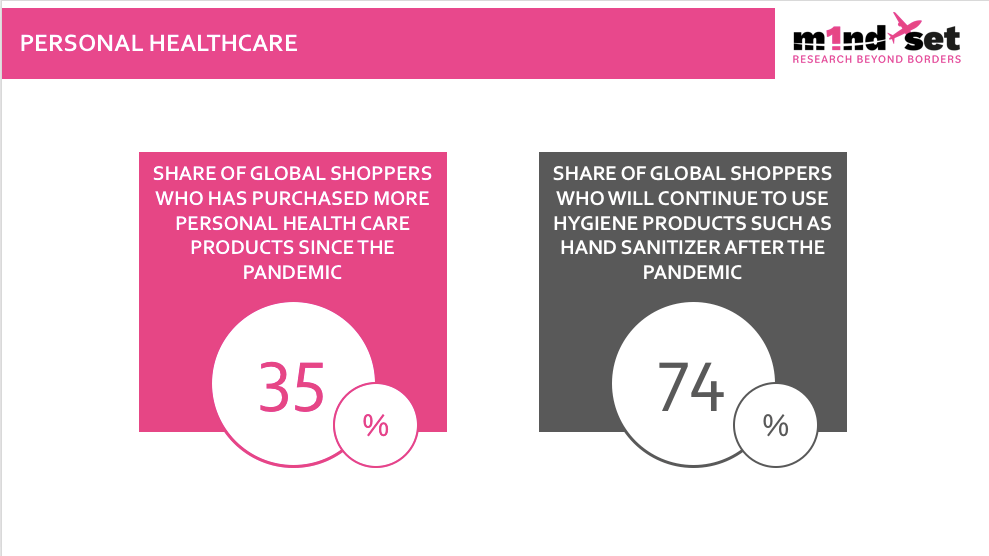 The social commerce market grew by more than 30% in some developed markets in 2021, according to m1nd-set, and is set to more than double in market size over the next four years with Millennials and GenZ as those most frequently engaging in social commerce via Facebook and Instagram in particular. Approximately 25% of shoppers said they used Facebook and about 40% used Instagram, according to the research. Thus there is significant potential for brands and retailers in travel retail to capture this market, especially in categories including jewellery and watches, fashion & accessories and books, including e-books.
The social commerce market grew by more than 30% in some developed markets in 2021, according to m1nd-set, and is set to more than double in market size over the next four years with Millennials and GenZ as those most frequently engaging in social commerce via Facebook and Instagram in particular. Approximately 25% of shoppers said they used Facebook and about 40% used Instagram, according to the research. Thus there is significant potential for brands and retailers in travel retail to capture this market, especially in categories including jewellery and watches, fashion & accessories and books, including e-books.
The trend helps retailers strategize, as tracking tools on social media enable a multitude of ways to target specific individuals, including location tools to target when they are in an airport. “The opportunities are endless, but failure to meet the consumer in a place where
he or she is increasingly used to shopping will mean brands and retailers risk forfeiting considerable sales opportunities,” says Mohn.
Another opportunity comes as m1nd-set research shows that more than a third of shoppers (35%) said they have been purchasing more personal healthcare products since pre-pandemic. Consumers have been taking up new sporting activities and hobbies as well as seeking more health and wellbeing treatments such as spas and retreats.. m1nd-set believes there will be significantly greater opportunities for brands that either already sell products or develop services in line with this trend.
Finally, consumers are more aware of the concrete impacts of climate change, and demonstrate greater concern for the environment. Around eight out of ten duty free shoppers are more concerned about sustainability than ever before, and this percentage is growing. Over 66% of duty free shoppers globally prefer to purchase brands that transparently demonstrate social, ethical and environmental values and practices, and close to 90% of shoppers believe that sustainable values are important for the brand’s image.
“Brands and retailers not only need to improve their processes but also increase their focus on communicating their sustainability. The values and ethics of the products companies produce and/or sell need to be promoted continuously as consumers say transparency on these elements is extremely important when considering their purchases” Mohn concluded.
